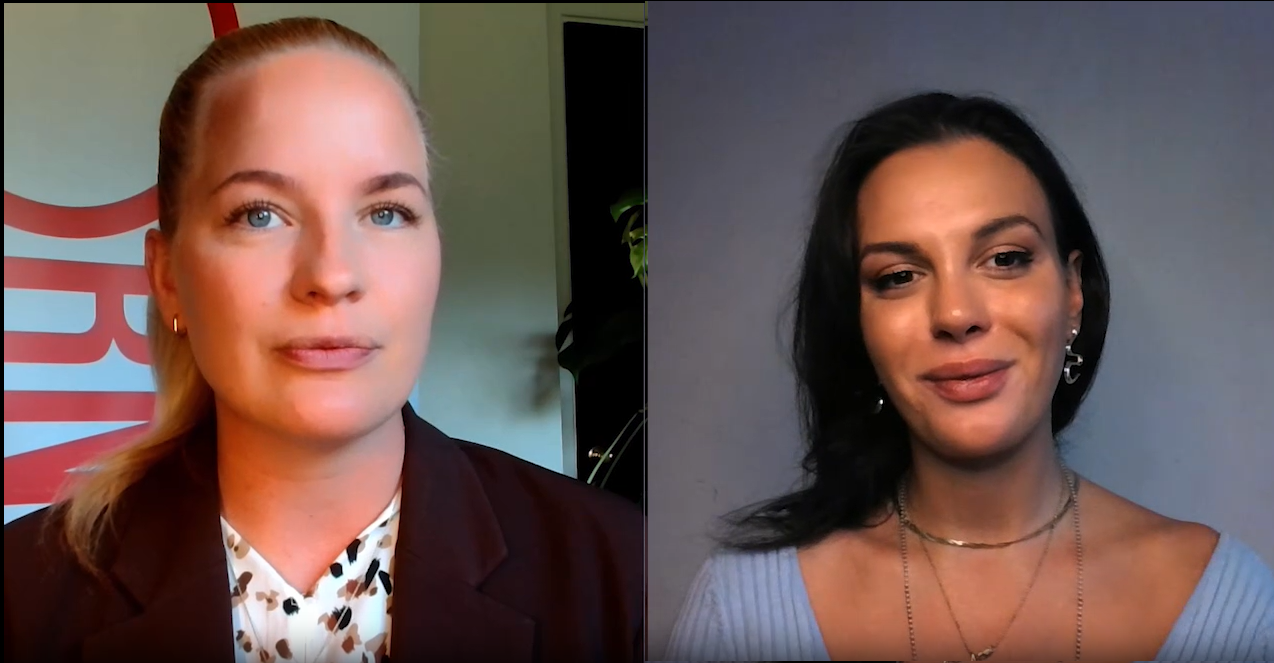Holly Black: Welcome to the Morningstar series "Ask the Expert." I'm Holly Black. With me is Mark Polson. He is principal at the lang cat. Hello.
Mark Polson: Hello.
Black: We're talking all things Isa investing today. And so, we've got much better, I think, in recent years at switching our bank accounts and switching our mortgage provider and our utilities, whatever, but we don't switch our investments. What have you found?
Polson: We found exactly that, that people really are reluctant to switch. Many of them don't know that they can. And if they were to switch, they don't really know why they would want to do it. So, things like saving money, relatively few people would choose to switch even if you told them that they could save money, something like 30% of people said, "Listen, I don't care how much I'd save. I'm just not moving."
Black: That is bonkers because that is the reason you change. I just wonder why that doesn't work when we're actually talking about money.
Polson: It's so weird. You're absolutely right. And people will drive around for 20 minutes to find one pence off on a fuel pump, right. But you can move relatively easily now, and I think that's probably worth stressing. They will refuse to move their investments which might save them hundreds or even thousands of pounds a year, a really easy way. Now, it might be that they love the experience they're getting where they are so much that no amount of money you could offer them would get them to change. But I do wonder with investors, if the industry has just put up so many – I don't know – barriers, not in terms of getting at money, though there are some of those, but just an understanding…
Black: I was going to say is one of the main problems that people don't even understand what they're paying. So, you could say, "Oh, you could save 0.1%," but that doesn't even compute and how do you even find that out anyway?
Polson: Well, exactly. So, comparing like with like is difficult. At my company we try and do some of that for people and that's not an easy task. And we're geeks and we do this stuff for fun. But even then, it's quite hard for someone's individual circumstance to work out exactly what they'll save. But you know, if I walked up to an investor and said, "Listen, you've got your money here. If you move it to there, I've got 500 pounds for you, would you like it?"
Black: But some of the problem is that some providers charge in percentage…
Polson: They do.
Black: …some charge a flat fee…
Polson: They do.
Black: …some charge per trade…
Polson: They do.
Black: …so, how are you supposed to work out?
Polson: Well, in our in our report, where we did some research into investor attitudes, one of the sessions called "What do you mean you don't have a math's degree?" And that's kind of why. So, each little individual bit you have to understand isn't hard, right? Most people can do a percentage. Actually, there's quite a lot of people that can't do it, but I suspect…
Black: But their phones can.
Polson: But their phones can, and you know, their kids probably can. I mean, it can be done. Everybody understands that 100 quid a year is more than 80 quid a year. So, that's fine. And if you put money in and you want to buy some shares or buy a fund or something, being told that it costs you 5 quid or 10 quid to do is easy to understand. So, it's not that any one bit is completely impenetrable. It's that when you put all the layers together, and then try and compare that over here for all the layers, that it very, very quickly gets to the point where you think, you know what, I'm just going to go and cook tea.
Black: But one of the really tricky things I think is, so say, you start out and you've just got a few hundred pounds, and you really are starting on your investment journey. And X provider may be the cheapest and the best option for that. As your wealth grows, that could change because when you've got less money, a percentage charge is good. But if you've got hundreds of thousands of pounds, a flat fee is good.
Polson: That's right. And it's just arithmetic once again. And I don't know what you do to help people understand that there is a cut off other than write about it a lot which lots of people do including us. Also, just say to people, you know, when you started out, maybe when you got your first car, and you drove (indiscernible) around, because it was cheap to insure, and all that kind of stuff, and then you end up with three kids. And guess what, you know, the car you drive is different depending on your circumstance. And this isn't a million miles away from that. We all change things as we go through life. We just need to remind ourselves that this is one of them.
Black: Why isn't it like insurance providers now have to put your last year's premium on so they can't just jack up prices? Maybe we need to providers to say, "Hey, we might not be the best for you anymore?"
Polson: Well, there's definitely merit in that. And in other parts of the investment industry, investment managers are being asked now to provide value statements, which is a terrible phrase, but saying, "This is what we've done to earn our fees. And this is how we compare to the guys down the road." Investors would find those things relatively difficult to access. They'll be in reports and accounts and so on. But professionals, particularly advisers, can come in and say, "Right, well, less than sunshine, you're not doing so well, even though you say you are because I can compare you quite easily to Dave down the road, you know, so we'll go with Dave. Thanks very much."
Black: Good old Dave.
Polson: Good old Dave, right. And I guess for investors that want to be involved, the information is all there now. The transparency is there. But you might argue there's almost too much transparency. I don't think you ever can have too much. But there's now such a lot of information that we get to paralysis. And so, I think for anybody that's maybe watching this and thinking, "Yeah, well, you know, it's all fine to sound off about it. But what do you want me to do?" The answer is to read. The answer is to go online, look up Isa switching or investment switching, look on the comment boards, look on any of the chat websites or the personal finance websites. I put a little shout out for our guides as well. They're all free. And there's tons of free content out there that will tell you what to do. But you can lead a horse to water, right? You got to actually walk to do it.
Black: You can't make it invest.
Polson: You cannot make a horse invest, Holly and goodness knows we've tried.
Black: Thank you very much for your time.
Polson: Cheers.
Black: And thanks for joining us.




























